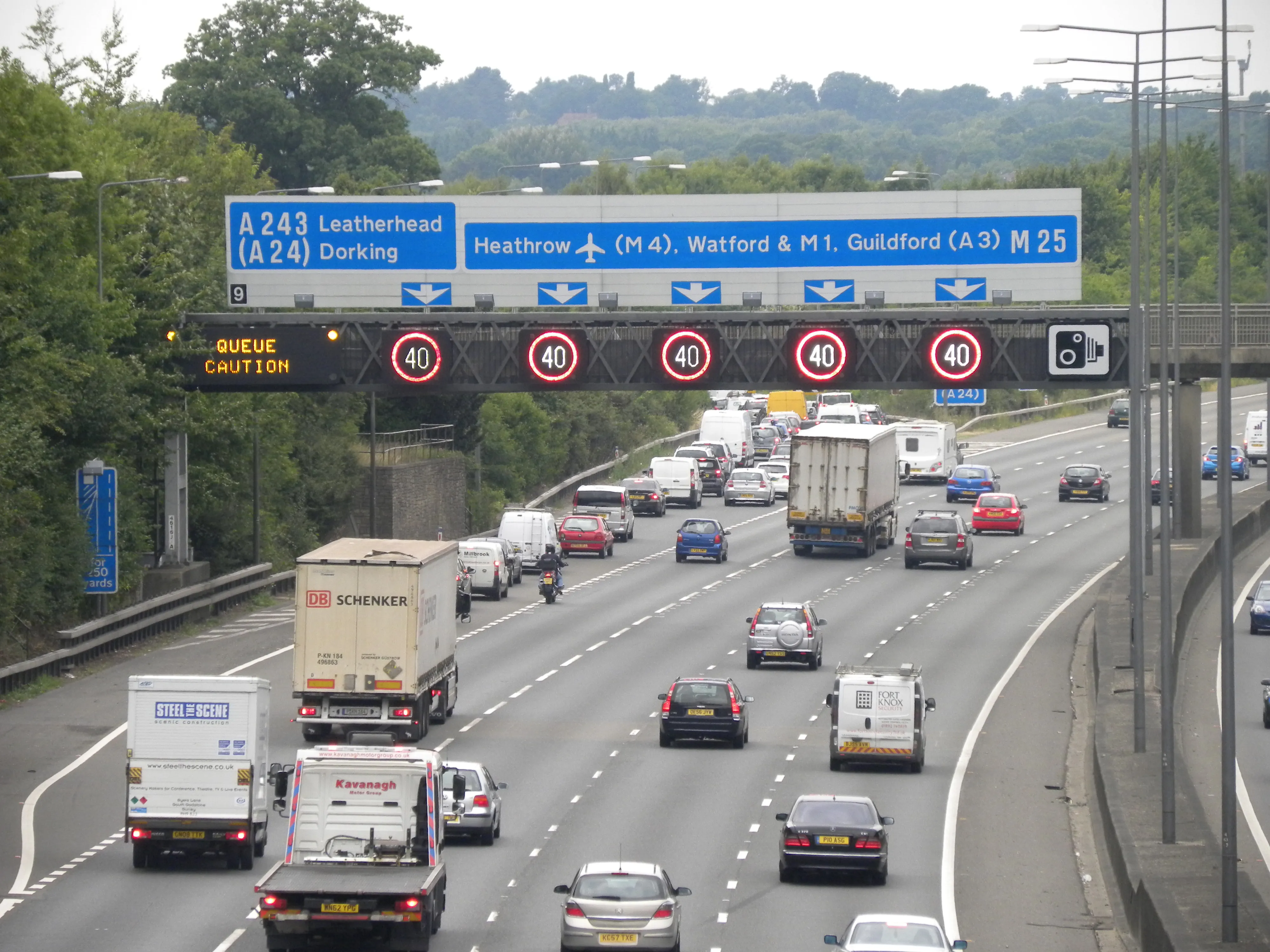A series of safety improvements have made major gains in reducing accident numbers and severity on roads in the UK with a bad record. The use of safety features such as high-friction surfaces, repainted white lines and road markings have reduced crashes on a number of the UK’s worst roads for accidents. The Road Safety Foundation’s 2012 Tracking Survey shows that for nine out of the UK’s 10 most improved roads lining, signing and safety surfaces delivered both safety and economic rewards. Safety engineering
October 19, 2012
Read time: 2 mins
A series of safety improvements have made major gains in reducing accident numbers and severity on roads in the UK with a bad record. The use of safety features such as high-friction surfaces, repainted white lines and road markings have reduced crashes on a number of the UK’s worst roads for accidents. The 3375 Road Safety Foundation’s 2012 Tracking Survey shows that for nine out of the UK’s 10 most improved roads lining, signing and safety surfaces delivered both safety and economic rewards. Safety engineering has resulted in cuts in road deaths and serious injuries, according to the latest survey by the Road Safety Foundation. Fatal and serious injury crashes on just 10 stretches of treated road fell by 67% from 541 to 209 (2001/05 to 2006/10). Commenting on the latest RSF survey, George Lee director of the 5149 Road Safety Markings Association and the Road Safety Surfacing Association said, “Time and time again research shows that simple, low-cost measures such as road safety markings and wisely positioned high-friction surfaces are the most effective ways of improving the safety of Britain’s roads. “It is interesting that typically, the ‘most dangerous’ and ‘most persistently high risk’ roads – narrow, twisting, hilly - are in the rural areas of the north. Safety on these roads could be greatly enhanced with improved central white lines and edge lines to guide road users. It is clear that simple measures save lives, and at a time when budgets have never been more stretched, it is crucial that highways engineers and those maintaining our roads remember that.”






